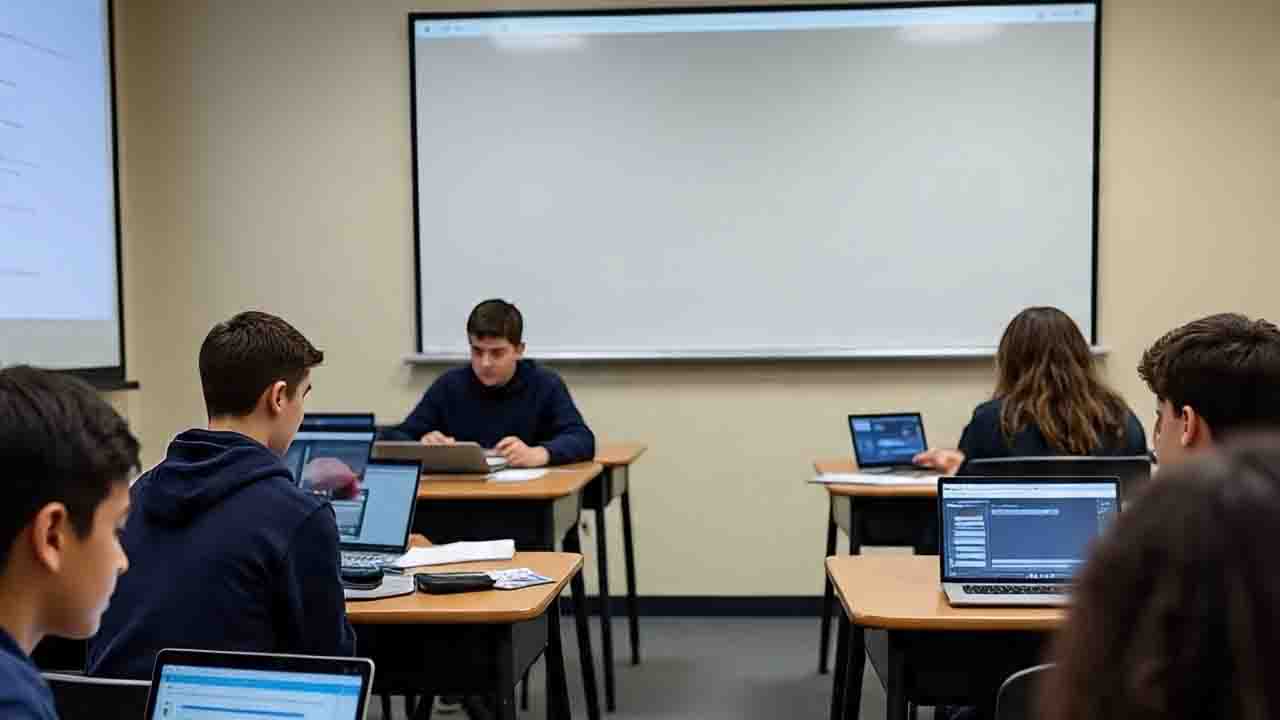
Writing Education: Challenges and Opportunities in the Age of AI
Pitchwars – Writing Education is undergoing a profound transformation in the digital age, driven largely by the rise of artificial intelligence (AI). In recent months, educational institutions have faced new challenges as AI tools enable individuals to produce high-quality written content in multiple languages, often without extensive formal training. According to a report from the Brookings Institution, this technological shift raises pressing questions about the relevance of traditional writing skills taught in higher education. Are existing writing curricula adequate to prepare students for a world where AI can assist or even replace many of the conventional tasks of writing? The discussion underscores the need for educators to rethink how writing is taught and assessed in the modern era.
“Trump and Putin Set to Meet in Alaska: Talks on Ukraine”
Enhancing Student Competence with AI
Writing Education is also exploring opportunities for AI to serve as a powerful tool for student development. A recent study published on arXiv examined the use of AI platforms such as ChatGPT in middle and high school classrooms. Researchers found that AI can enhance students’ writing competence by providing instant feedback, suggesting improvements, and encouraging experimentation with style and structure. However, the study emphasizes the importance of balancing these benefits against potential risks. Including overreliance on technology and issues of plagiarism. The research advocates for task-based, process-oriented approaches in which AI complements teacher guidance rather than replacing it. Helping students develop critical thinking and creative skills alongside technical proficiency.
Rethinking Curriculums for a Digital Future
Writing Education must evolve to meet the demands of a rapidly changing landscape. As AI continues to permeate the writing process, educators are challenged to design curricula. That integrate technology while preserving the core principles of literacy, communication, and analytical reasoning. Beyond technical instruction, modern writing programs must also foster creativity, ethical awareness, and the ability to adapt to emerging tools. By doing so, institutions can ensure that students not only master writing as a skill. But also understand its broader significance in a digital society. In this context, the future of writing education lies in harmonizing traditional instruction with innovative technological support. Empowering learners to thrive in both academic and professional environments.
“Elizabethan Wit to Modern Laughter: Pomp to Punchlines History”